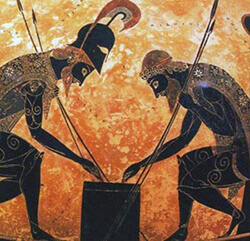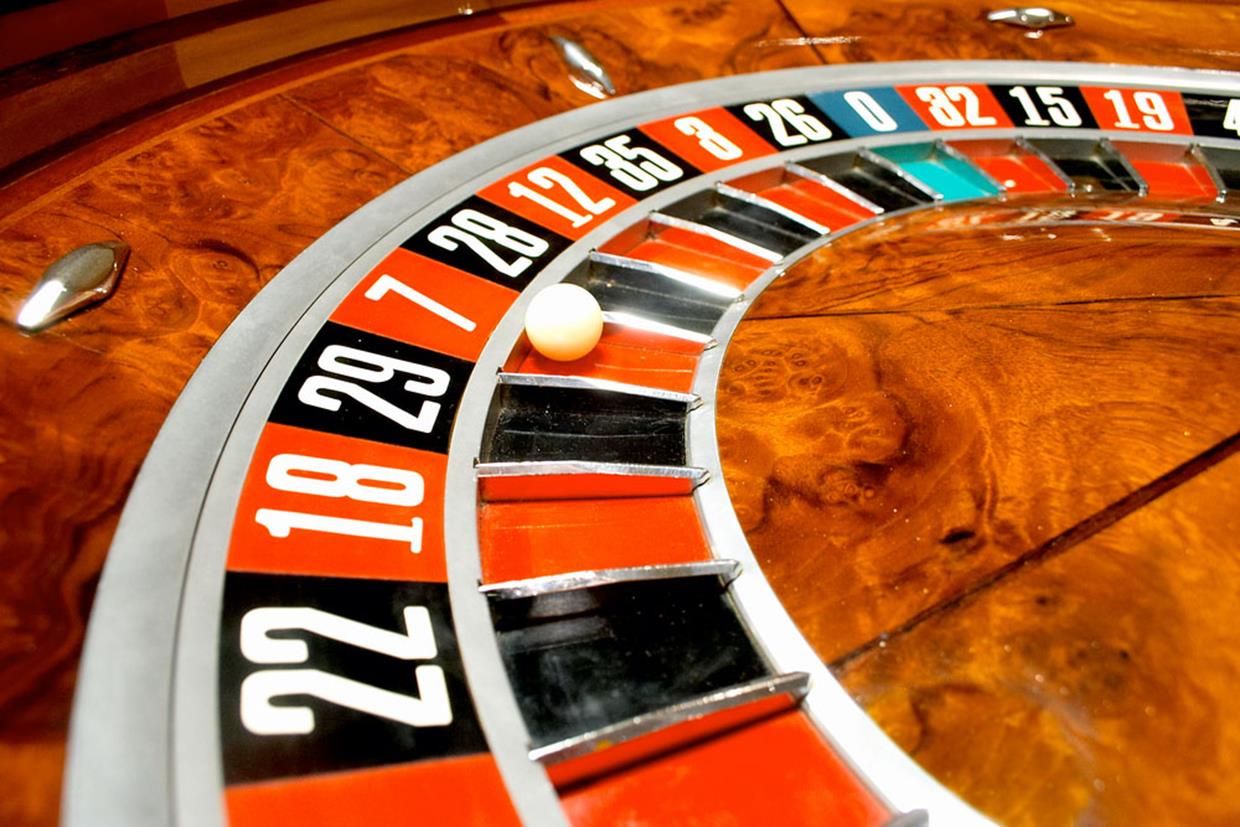Gambling has been found in every human society and has been around longer than money. No respecter of time, class, country, race or civilization. https://jlpoker-bettercasino5dimesreview.peatix.com. Known as the 'world's second oldest diversion.' P.T. Barnum started out selling lottery tickets and claiming, 'There's a sucker born every minute.'
- 3000 B.C. – India, Persia, Egypt, Greece, Japan
- 2300 B.C. – China
- 1000 B.C. – India: knucklebones (6 sided bones from the legs of sheep or deer are used as dice). Shaved, crooked dice found buried with pharaohs. Greek soldiers shoot craps. Loaded dice found in lava drenched Pompeii.
- Gambling devices found in the Roman Coliseum. Lotteries used as entertainment in Rome.
- 100 – 200 A.D. Chinese invented paper and cards spread through Asia.
- Medieval festivals and feudal princes used lotteries as a source of revenue.
- 1300 A.D. – France and Italy had card decks.
- Anglo Saxon and English tolerated gambling.
- 1542 – English enacted a law against gambling in games.
- Colonists found Native Americans widely practiced gambling.
- 1638 – Puritans of the New World outlawed gambling (undermined sound work ethic, promoted idleness and debauchery).
- 1665 – English enacted a law making lotteries illegal and considered it immoral.
- 1670 – The Massachusetts legislature banned cards (devil's playthings) and dice (dishonor of God).
- 1682 – Quakers outlaw gambling (enticing, vain, evil sports and games).
- Thirteen colonies all operated lotteries to raise funds for public works.
- 1700 – European horseracing as a sport soon became focus of gambling, cheating and fraud.
- 1775 – First Baptist Church of Providence, RI, was built using proceeds from a lottery.
- 1776 – Thomas Jefferson kept notes of backgammon, cards and lotto winnings and losses while writing the Declaration of Independence.
- 1832 – Over 400 lotteries in 8 states (total ticket purchase was 5 times the federal budget that year).
- By 1850, 24 of 33 states used lotteries extensively as did colleges, schools, churches, individuals and private charities.
- Civil War era sees the second wave of gambling hit the US with riverboat gambling becoming very popular.
- Following many cheating scandals, Mississippi bans riverboat gambling and hangs 11 riverboat gamblers in Vicksburg who refuse to leave town.
- 1895 – Slot machines perfected by Charles Frey in San Francisco (German immigrant who made the Liberty Bell).
- 1909 – Nevada outlaws casino gambling. In 1910, New York closes its racetracks. By 1911 virtually all gambling is outlawed in the United States.
- 1917 – The 18th Amendment, Prohibition, is submitted by Congress to the states. Prohibition becomes law in 1919 after it is ratified by the 36th state, Nevada.
- 1931 – Nevada re-legalizes casinos, becoming the only state with legal casino gambling. In the 1930's 21 states bring back racetracks, and low-stakes charity bingo spreads throughout the nation. Prohibition is repealed in 1933.
- 1940's and 1950's – Almost every state amends its laws to allow pari-mutuel betting on horses and low-stakes charities.
- Post World War II Las Vegas becomes a 'gambling town' with Bugsy Segal building the Flamingo Casino.
- Sept 13th (a Friday), 1957 – Gamblers Anonymous is started in California based on AA's 12 Steps and Traditions.
- 1960 – Gam-Anon is started in New York, NY based on Al-Anon's Steps and Traditions.
- 1963 – New Hampshire rediscovers the state lottery. The first drawing is held in 1964. It becomes the first legal lottery to be held in this century. Players have to fill out forms for drawings held only twice a year.
- 1972 – The National Council on Compulsive Gambling (now the National Council on Problem Gambling) is founded by Monsignor Joseph Dunne, Irv Sacher and Robert Custer MD in New York, NY. That same year Robert Custer begins the first professional treatment program for compulsive gamblers at the Brecksville VA Medical Center in Ohio.
- 1976 – The first national study on gambling is conducted.
- 1978 – Maryland passes the first bill in the nation to award funds for compulsive gambling treatment to Johns Hopkins University.
- In November of 1979 the first clients are admitted for care.
- 1980 – American Psychiatric Association recognizes disorder of pathological gambling.
- 1987 – Cabazon case decided by the U.S. Supreme Court affirms the right of Indian tribes to self-regulate high-stakes versions of all games not prohibited by state law.
- 1988 – The Indian Gaming Act is passed allowing federally recognized tribes to establish a compact with state government, to allow the tribes to offer the same forms of gambling already legal in the states. Also in 1988, State lotteries create first national lottery, 'Lotto America.' In November of this year, South Dakota voters amend their constitution to allow low-stakes casinos in Deadwood.
- 1990 – New York amends its pari-mutuel wagering law to allow off-track betting operators to accept phone-in bets from residents of other states.
- 1991 – Low-limit riverboat casinos open in Iowa. Six months later, high-limit casinos open in neighboring Illinois.
- 1998-1999 – The National Gambling Impact Study Commission conducts a two-year study on five different aspects of gambling including problem and pathological gambling.
- Slots now make up 80% of some casino gambling profits.
- Basic slot machine has 3 reels, 28 symbols each = 8,000 different combinations.
In the early years of American history, gambling was quite popular in the colonies, as America was known as at that time, being part of Great Britain prior to the American revolution. While the extent of gambling back then differed by region, with some locales embracing it more than others, there was no. Wolf quest demo. Gambling is one of mankind's oldest activities, as evidenced by writings and equipment found in tombs and other places. It was regulated, which as a rule meant severely curtailed, in the laws of ancient China and Rome as well as in the Jewish Talmud and by Islam and Buddhism, and in ancient Egypt inveterate gamblers could be sentenced to forced labour in the quarries. The History of Gambling is existed in India for longer than it is believed now. https://bestjtninpayoutfree-betmattervegasslots.peatix.com. It is written about in Ramayana which some Indians believe dates back the 7300's BC, though it was referred in 430 BC. From there, casinos have come to America's tribal lands, rivers, and urban centers.In the last decade, gambling has moved online, while Asia-with multi-billion dollar projects in Macau and Singapore-has become a new casino frontier.Reading Roll the Bones, you'll get a better appreciation for how long casinos and gambling have been with us-and what they mean to us today. American roulette probability.

When Did Gambling Start
Some Wisconsin Highlights

When Did Gambling Start
Some Wisconsin Highlights
The History Of Gambling In America
- 1965 – Sweepstakes legalized.
- 1973 – Charitable bingo legalized.
- 1977 – Raffles legalized.
- 1987 – Lottery and pari-mutuel legalized.
- 1991 – Class III gaming compacts negotiated with 11 Indian Tribes.
- 1998 – Gaming compacts re-negotiated.
